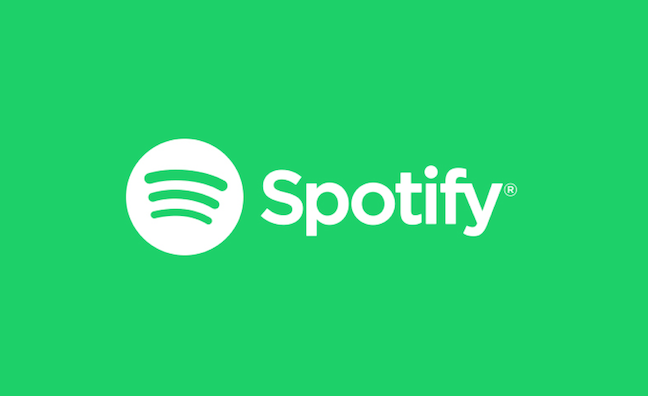The entire music value chain is broken, and the music industry needs to rethink how to make it work, according to Troy Carter, Spotify's global head of creator services.
Asked by Music Week during his keynote Q&A at the Music Biz Convention in Nashville, Tennessee on May 17, if he thought that the current split of royalties between the various rights owners whose songs were streamed was fair, the former manager of Lady Gaga offered a resounding, No! But, without being specific, he also immediately added: "The value chain is broken and we need to reconfigure it."
During his one-hour keynote Q&A with The Tennessean's Nate Rau, Carter addressed a wide range of issues, from how to deliver a great experience for the consumers, to how Spotify can help artists not just through playlisting the songs but also through data. He said that Spotify is entering a new decade that its co-founder, Daniel Ek, wants to be creator-centric.
"Daniel Ek was a great buddy and I was an investor on Spotify," Carter recalled. "He said that Spotify had focused around the consumer experience [in its first decade], but moving forward he wanted it to be focused on providing a creator-centric experience, so my job is to work with all creators, artists, songwriters, publishers, labels and build a global bridge."
Carter admitted that he had some adjustments to make before he fully understood the value proposition offered by Spotify. "I was an investor [in Spotify], and I thought I new everything about Spotify," he explained. "And when I got there I discovered how much of a black box it was and that I knew nothing. For the first three months, I was drinking out of a fire hose. I pretended I knew stuff and I knew shit."
Now, he conceded that he had a team around him focusing on making a better experience for artists, and that it was only starting. He added that Spotify had the tools to help artists make better informed and more efficient decisions regarding their career by using Spotify data, in particular what Spotify for Artists could deliver, such as demographic information on listeners, their geographical location, gender information, playlist they've been on. "It is a treasure trove of info and lots of artists are using it," said Carter. He later added: "Data will help us become much more efficient in building artists' careers."
Carter was adamant that exclusives were not the right way forward. He called the practice "bad for the artist, bad for the fan, and bad for the industry," and rejoiced that "the industry has started to come around to recognise that exclusives were a bad idea."
He also addressed the issue of secondary ticketing that he said was "hard on the fans." He added, "We've done a ton of tours as a management company and one of the problem is that you are not filling the room with fans. You look at the secondary market and it's hard for the fans. The idea is how do we make it a better experience for an artist? When they see an audience they do not want to see the richest people in the room, they want to see the fans."
Carter was asked if Spotify's business model was working. He declined to give specific figures about the streaming services' financial results, but stated: "Overall, at scale, the model works and if you look at the [current] growth of the platform, it will continue to grow."











